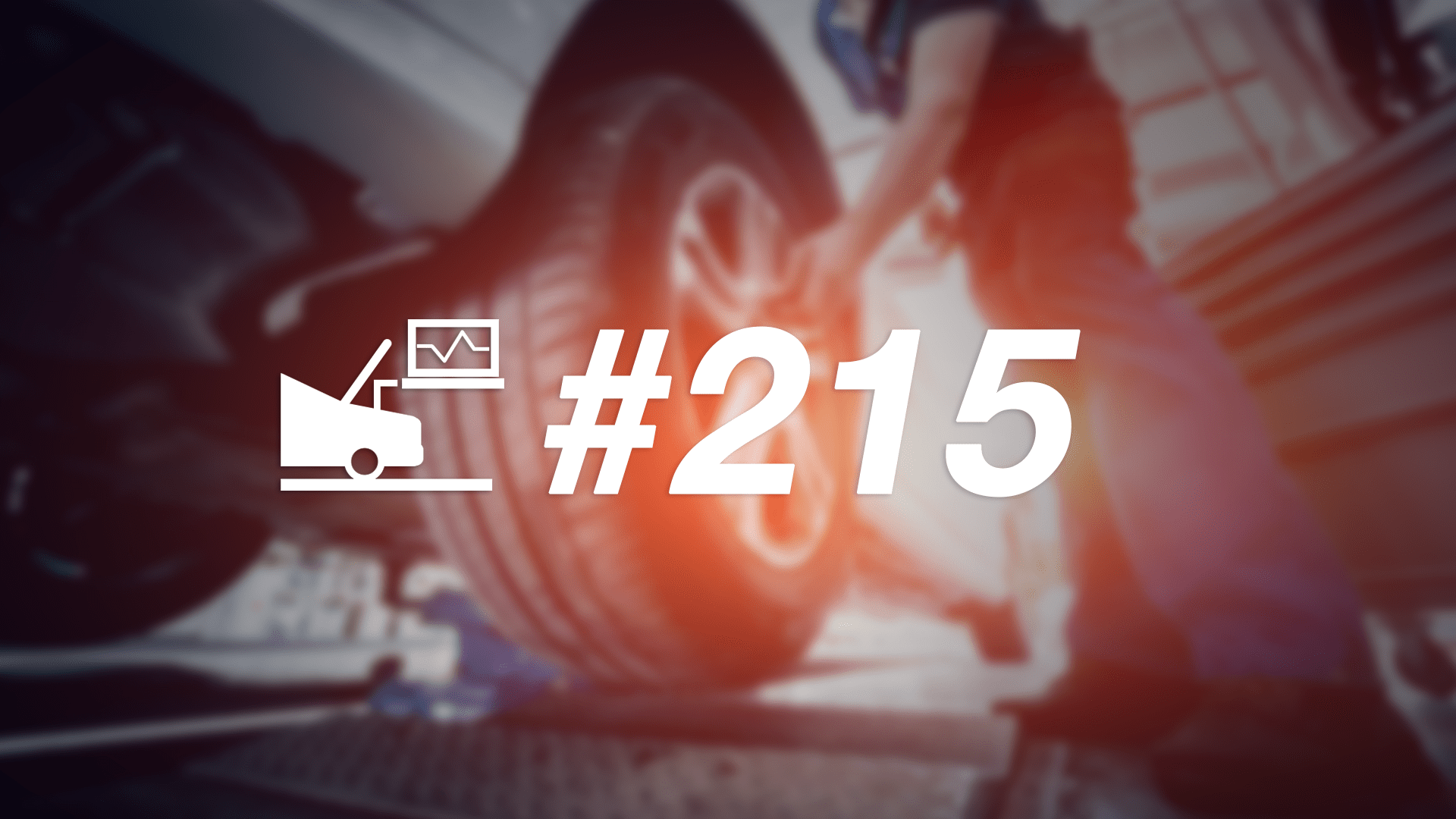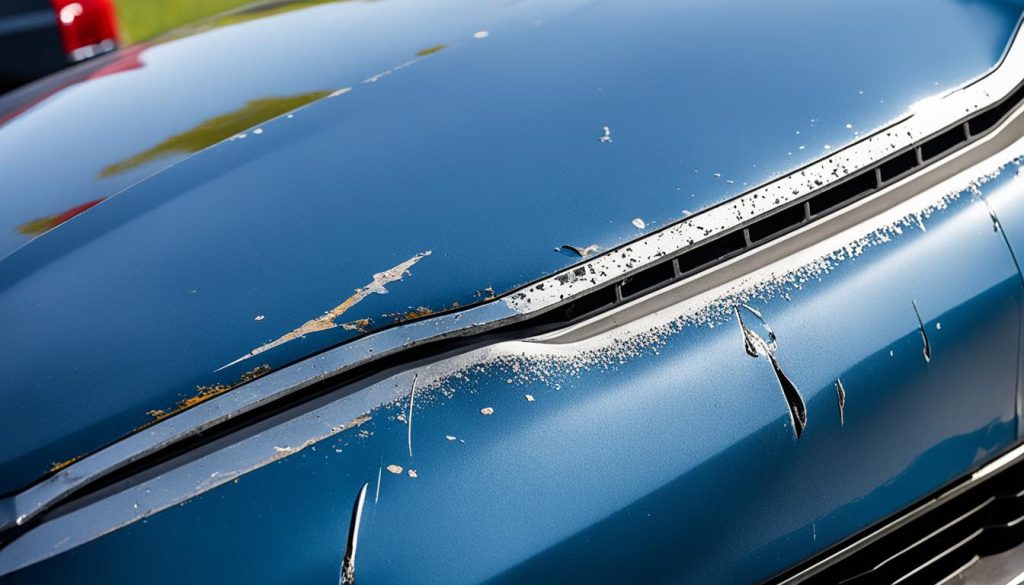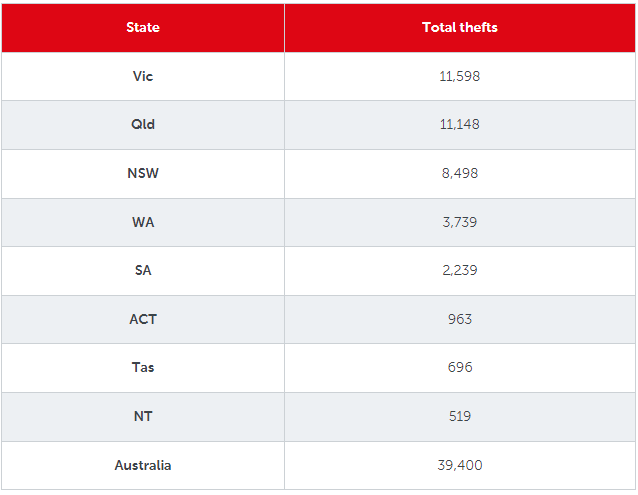UPDATE 4/21/23: After this story initially posted April 18, Volkswagen announced it has earned the full IRA $7500 tax credit for ID.4 EVs sold after Jan. 1 this year. Due to a paperwork snafu, the ID.4 was initially left off the list of eligible vehicles. The update is reflected now on the EPA’s list and in the story below.
- The EPA released its list of eligible battery-electrics, plug-in hybrids, and fuel-cell vehicles on Monday, just before the April 18 tax deadline.
- As of today, certain new vehicles such as the 2023 Jeep Grand Cherokee Trailhawk 4xe and 2023 Jeep Wrangler Rubicon 4xe (above) are eligible for federal tax credits of $3750 or $7500.
- Used battery-electric and plug-in hybrids also qualify for credits, up to $4000. That’s kind of a big deal, representing an additional incentive that could pull in more first-time EV and PHEV buyers.
It’s official. The 2023-24 Cadillac Lyriq is eligible for the Inflation Reduction Act’s $7500 federal tax credit, so long as you keep the manufacturer’s suggested list price bottom line under $80,000 (not including destination charge).
But the EPA has placed the Chevrolet Bolt EUV in the “passenger car” category, so it’s eligible for the full tax credit at a max MSRP of $55,000.
The model year 2022-23 Ford Mustang Mach-E are SUVs in the federal government’s eyes, but the tax credit is limited to $3750 all the way up to an MSRP of $80,000 (for standard and extended-range battery models).
The EPA released its list of full-electrics, plug-in hybrids, and fuel-cell vehicles on Monday, just before the April 18 tax deadline. Its list of new EVs, PHEVs, and FCVs purchased before 2023 is ridiculously long and detailed.
Please visit fueleconomy.gov to find your new electrified vehicle that was in the garage prior to April 18, to see if it qualifies and for how much.
New EVs, PHEVs, and FCVs purchased in 2023 and placed in service on or after April 18, 2023:
NOTE: Some future model-year versions of these eligible vehicles may fall off the list as North American-sourcing requirements for minerals and battery components ramp up, from 40% through MY24, to 80% by the end of calendar 2026.
That 40% “local” production and content requirement applies only to the above new-vehicle list, which is why Hyundai EVs are missing from the new vehicle list, though they may become eligible when the automaker’s Savannah, Georgia, assembly plant opens for business.
To qualify for the tax credit, the taxpayer must buy the clean vehicle for personal or commercial use, and not for resale. It must be driven primarily in the US. The taxpayer(s) must be either: married couples filing jointly and with total income under $300,000; head of household earning less than $225,000, or earning less than $150,000 annually for any other filer. Go to fueleconomy.gov for specific requirements, how to claim the credit, and other related details.
The new incentives have a unique impact on Tesla and General Motors. As the undisputed king of the battery-electric vehicle market, many recent Tesla buyers were not eligible for earlier federal tax credits after the automaker had reached the 200,000-unit sales threshold in July 2018.
Likewise, GM shoppers couldn’t get federal tax credits starting in December 2018, when sales of the Chevy Volt and Bolt reached that milestone. While those shoppers didn’t benefit from incentives, the new federal tax credits apply to locally produced EVs, PHEVs, and FCVs—including Teslas and GM products—and there’s no longer a production limit.
But as the North American/trade-partner content requirement goes up in the future, fewer models will qualify for the new tax credits. The content level tops out in MY28, which covers the extent of the tax credit program. It will be up to the next president and a future Congress to extend the credit further into the future.
Volkswagen of America announced late that its 2023 ID.4 EV is also eligible for the full $7500 federal tax credit under the Inflation Reduction Act’s climate change provisions. The rear-wheel-drive ID.4, with a base MSRP of $38,995, qualifies as a passenger car under the tax credit provisions, while all-wheel-drive versions are counted as SUVs, making VW the “only international automaker to have the only full BEV that is eligible for the full credit, thanks to local assembly and sourcing.”
VW assembles the ID.4 at its plant in Chattanooga, Tennessee, while its batteries are made by SK Innovation’s US plant in Georgia and by LG Chem in Germany. SK Innovation was late in supplying necessary materials sourcing information to VW in time for an April 17 release by the EPA of the list of eligible vehicles, according to a source. To qualify, automakers self-report on US content and assembly, much as they have for decades of calculating Corporate Average Fuel Economy estimates.
VW’s eligibility means at least 40% of model-year 2024 ID.4s sold here must be built with the Georgia-made SK Innovation batteries, and the self-reporting must be updated annually. At least 50% of the 2025 VW ID.4s sold in the US must come with the SK batteries to qualify for the tax credit, on the way up to 80% for MY28.
Used battery-electric and plug-in hybrids also qualify for credits, up to $4000. That’s kind of a big deal, representing an additional incentive that could pull in more first-time EV and PHEV buyers, which means the sellers of those second-hand cars could trade up for newer green vehicles, potentially.
To qualify for the latest credit, a used EV or PHEV must be purchased from a dealer, have a sale price of $25,000 or less, and must have a model year at least two years old.
Federal tax credits of up to $4000 for pre-owned EVs, PHEVs, and FCVs are available for:
- MY16-18 Audi A3 e-tron PHEV
- MY16 Audi A3 e-tron Ultra PHEV
- MY21 Audi A7 55 TFSI e-Quattro PHEV
- MY21 Audi A8L 60 TFSI e-Quattro PHEV
- MY20 Audi A8L PHEV
- MY19, 21 Audi e-tron EV
- MY20-21 Audi e-tron Sportback EV
- MY21 Audi Q5 55 TFSI e-Quattro PHEV
- MY20 Audi Q5 PHEV
- MY20-21 Bentley Bentayga Hybrid SUV PHEV
- MY16-18, ’21 BMW 330e PHEV
- MY21 BMW 330e xDrive PHEV
- MY18-21 BMW 530e PHEV
- MY18-21 BMW 530e xDrive PHEV
- MY17 BMW 740e PHEV
- MY18-19 BMW 740e xDrive PHEV
- MY20-21 BMW 745e xDrive PHEV
- MY17 BMW i3 (60 Ah) sedan EV
- MY14-21 BMW i3 sedan EV
- MY14-21 BMW i3 sedan with range extender PHEV
- MY18-21 BMW i3s sedan EV
- MY18-21 BMW i3s sedan with range extender PHEV
- MY14-17 BMW i8 PHEV
- MY19-20 BMW i8 Coupe PHEV
- MY19-20 BMW i8 Roadster PHEV
- MY20-21 BMW x3 xDrive 30e PHEV
- MY16-18 BMW X5 xDrive 40e PHEV
- My21 BMW X5 xDrive 45e PHEV
- MY14-16 Cadillac ELR PHEV
- MY17-21 Chevrolet Bolt EV
- MY14-16 Chevrolet Spark EV
- MY11-19 Chevrolet Volt PHEV
- MY17-21 Chrysler Pacifica PHEV
- MY13-19 Fiat 500e EV
- MY13-17 Ford C-Max Energi PHEV
- MY20-21 Ford Escape PHEV
- MY12-18 Ford Focus Electric EV
- MY13-20 Ford Fusion Energi PHEV
- MY21 Ford Mustang Mach-E EV
- MY18-21 Honda Clarity PHEV
- MY17-19 Hyundai Ioniq EV
- MY18-21 Hyundai Ioniq PHEV
- MY19-21 Hyundai Kona EV
- MY19-21 Hyundai Nexo Blue FCV
- MY19-21 Hyundai Nexo FCV
- MY16-19 Hyundai Sonata PHEV
- MY14-17 Mercedes-Benz B-Class EV/B250e
- MY18-29 Mercedes-Benz GLC 350e 4Matic PHEV
- MY20 Mercedes-Benz GLC 350e 4Matic EQ PHEV
- MY16-18 Mercedes-Benz GLE 550e 4Matic PHEV
- MY15-17 Mercedes-Benz S550e PHEV
- MY20 Mercedes-Benz S560e EQ PHEV
- MY18-21 Mini Cooper S E Countryman All4 PHEV
- MY20-21 Mini Cooper S E Hardtop EV
- MY12-14, 16-17 Mitsubishi i-MiEV
- MY18-21 Mitsubishi Outlander PHEV
- MY13-21 Nissan Leaf S
- MY19-21 Nissan Leaf S Plus
- MY11-19 Nissan Leaf SL
- MY14-21 Nissan Leaf SL Plus
- MY11-21 Nissan Leaf SV
- MY19-21 Nissan Leaf SV Plus
- MY20-21 Polestar 1 PHEV
- MY21 Polestar 2 EV
- MY15-21 Porsche Cayenne E-Hybrid (all models) PHEV
- MY14-16, 18-21 Porsche Panamera E-Hybrid (all models) PHEV
- MY20-21 Porsche Taycan (all EV models)
- MY13-15, 17-18 Smart Cabrio EV
- MY13-18 Smart Coupe EV
- MY19 Smart EQ Fortwo Cabrio EV
- MY19 Smart EQ Fortwo Coupe EV
- MY19-21 Subaru Crosstrek PHEV
- MY16-21 Toyota Mirai FCV
- MY17-21 Toyota Prius Prime Plug-in Hybrid PHEV
- MY12-14 Toyota RAV4 EV
- MY21 Toyota RAV4 PHEV
- MY15-19 Volkswagen e-Golf EV
- MY21 Volkswagen ID.4 (First Edition, Pro, Pro S, AWD Pro, AWD Pro S) EV
- MY19-21 Volvo S60T PHEV
- MY18-21 Volvo S90 PHEV
- MY20-21 Volvo V60 PHEV
- MY21 Volvo XC40 Rechardge EV
- MY18-21 Volvo XL60 PHEV
- MY16-21 Volvo XC90 PHEV
- MY18-19 Volvo XC90 Excellence PHEV
Car News – Auto News, Headlines, and Top Car Stories | Autoweek
#Tax #Credits #Play #EVs














